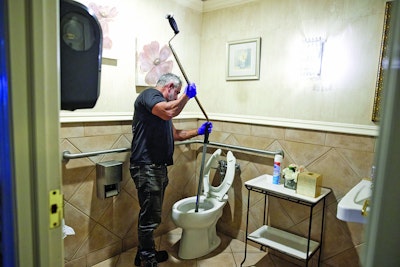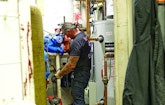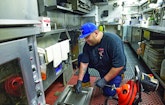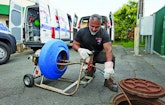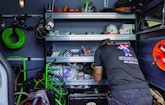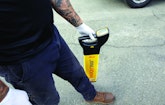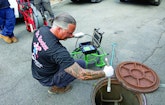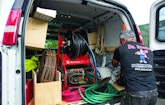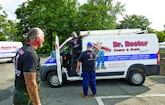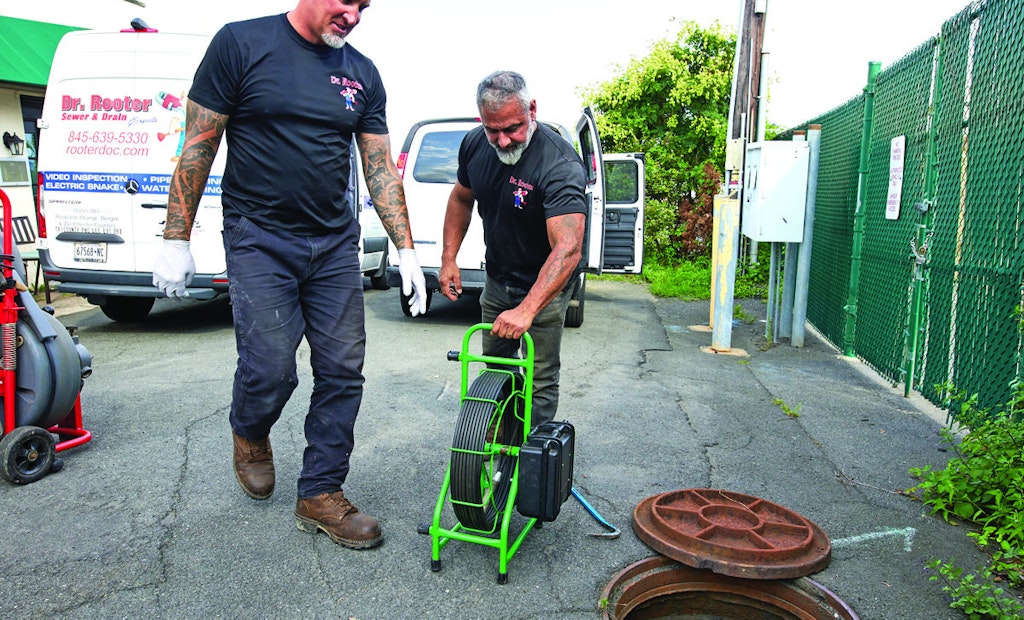As the owner of Dr. Rooter, a New York-based drain cleaning company, Dave Ferrier has developed a prescription for success: build a large network of contractors that refer clients to him and supplement it with strong doses of great customer service and investments in affordable,...
New York’s Dr. Rooter Builds Strong Referral Network of Contractors
New York’s Dr. Rooter finds a prescription for business success by leveraging good equipment and building a strong referral network of fellow contractors
Popular Stories
Discussion
Comments on this site are submitted by users and are not endorsed by nor do they reflect the views or opinions of COLE Publishing, Inc. Comments are moderated before being posted.
